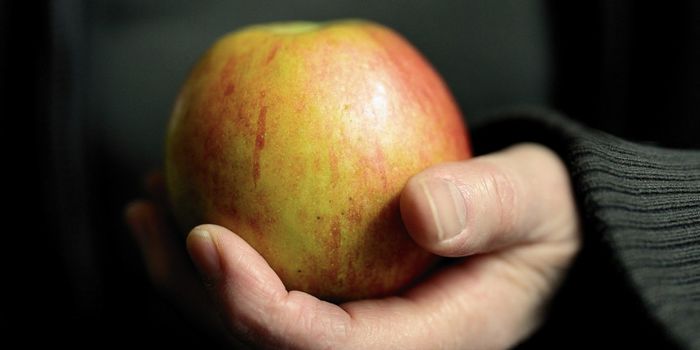Even Newer Pesticides Threaten Bees, Study Finds
Bees and other vital pollinators have experienced significant population declines in the face of widespread pesticide usage, especially in the case of neonicotinoids. But will future pesticide alternatives perpetrate the same effect on bee populations?
According to a paper published in the journal Nature this week by researchers from the Royal Holloway University of London, they just might.
Image Credit: Pixabay
One of the potential alternatives to modern neonicotinoids are sulfoximine-based pesticides, and internal lab testing conducted as a part of the study revealed that the alternative pesticide imposes many of the same risks to bee populations as the former.
Although many believe that bees are killed by the pesticides directly, this isn’t entirely true. Pesticides, especially neonicotinoids, instigate problems with the insects’ reproductive processes, which consequently reduces the number of colony bees in the long term.
Throughout the controlled lab tests, the researchers observed similar side effects in bees that were exposed to sulfoximine-based pesticide alternatives. More specifically, colonies impacted by the alternative exhibited fewer workers and reproductive males – a recipe for colony collapse.
"Our results show that sulfoxaflor can have a negative impact on the reproductive output of bumblebee colonies," explained study lead author Harry Siviter from the Royal Holloway University of London. "Sulfoximine-based insecticides are a likely successor and are being registered for use globally."
Related: Honeybees in America's beekeeping hotspot are in trouble
The results of the study underscore what appear to be some significant oversights, and it’s somewhat concerning to think that sulfoximine-based pesticides are making their way to global markets as of this writing.
Unless the results are more thoroughly studied, the oversights could impose long-lasting consequences on the world’s declining bee populations amid what could only be described as a pesticide crisis.
Source: Phys.org









